Home Remedies For Chapped Lips: 11 Effective DIY Treatments
Follow these easy tips to soothe your lips and keep them happy and healthy naturally.
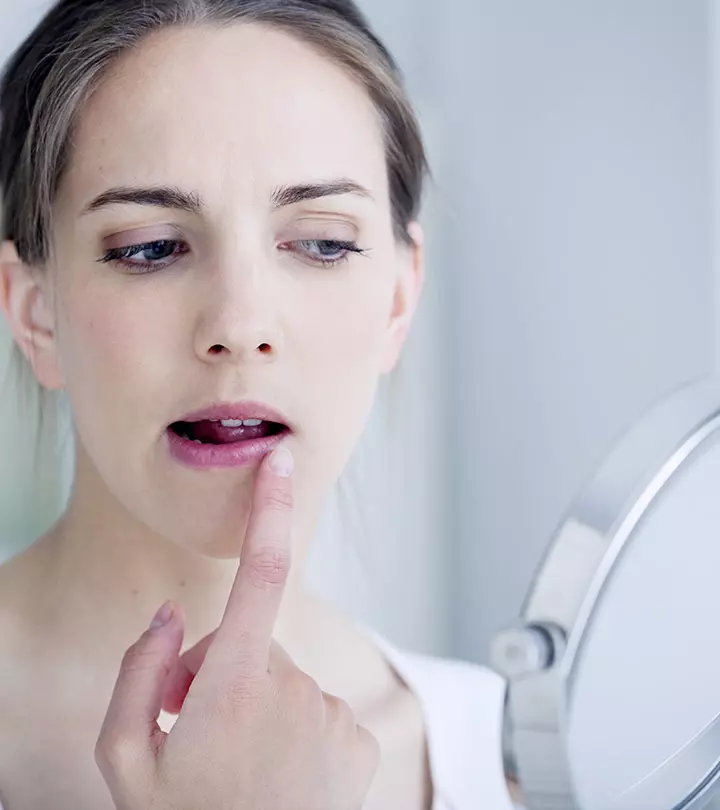
Image: Shutterstock
Lips that are dry and peeling are unappealing. The easiest way to get rid of chapped lips is to get them hydrated and nourished.
Here’s something you should know before we get into how to heal chapped lips fast with the most effective home remedies: water is an essential component of every cosmetic routine. It aids in the hydration of your body and skin. If you don’t drink enough water, your lips will turn chapped no matter how many cures or lip balms you use (1). So, first and foremost, drink lots of water throughout the day and treat cracked lips with the solutions suggested in this article.
Note: Chapped lips are unlikely to get treated in a single day, but you can restore their health by following these remedies and advice.
This post discusses in detail the solutions that can help you restore your dry, sore lips to their luscious glory. We also have listed the numerous causes of dry and chapped lips, including dehydration. Continue reading.
What Causes Chapped Lips?
Chapped lips are typically caused as a result of environmental factors and personal habits. Dr. Soma Mandal, MD, a general practitioner, says, “The causes of chapped lips are multifactorial. Cold and dry weather can induce chapped lips. If someone is overly dehydrated, this can cause the appearance of dry skin and dry/ chapped lips. Frequent licking of the lips (from stress) can irritate the lips and cause them to chap. Certain medications (like oral medications for acne) can cause chapped lips. If someone is exposed to the sun for prolonged periods of time or gets a sunburn, this can also cause chapped lips.” Let’s look at the causes below:
1. Environmental Factors
2. Other Common Causes
- Excessive licking of lips – Licking dry lips and coating them with a layer of saliva may seem like a quick relief, but it actually aggravates the chapping.
- Smoking and drinking
- Skin irritants in toothpaste
- Vitamin deficiencies
- Dehydration
- Certain medications, such as retinoidsi Chemical compounds derived from Vitamin A that helps reduce the signs of aging and repair skin damage by the sun. and chemotherapy drugs
Your lips may get dry and chapped due to various reasons, leading to discomfort. Learn more about the symptoms in the next section.
Key Takeaways
- Chapped lips can result from environmental stressors like sun exposure and cold weather or harmful habits like licking lips and smoking.
- Some great oil options to tackle dry, chapped lips are coconut oil, olive oil, or castor oil, which act as natural moisturizers.
- Honey is an excellent quick choice to treat dry lips due to its healing properties and moisturizing nature.
- Aloe vera can soothe chapped lips and remove dead skin cells, thereby offering plump, soft lips in return.
Symptoms Of Chapped Lips
- Symptoms of chapped lips include (3):
- Roughness, dryness, and flaking
- Redness due to irritation and inflammation
- Painful fissures or cracks
- Bleeding
- Swelling, tenderness, and soreness
- Burning and stinging sensation
Acute or chronic cheilitis (lip inflammation) may cause severe symptoms. Your lips may:
- Develop painful sores and ulcers
- Develop white plaques
- Turn dark red (due to severe inflammation)
- Develop an uneven texture
If you notice these symptoms, it is best to consult a doctor or a dermatologist immediately and start treatment.
One of the most common solutions to treat chapped lips is using chapstick or lip balm. This may provide instant relief, but in most cases, it does not provide a long-term solution. The remedies given below will help you understand how to get rid of chapped lips effectively.
 Quick Tip
Quick TipHere are the home remedies for dry and chapped lips.
Home Remedies To Get Rid Of Chapped Lips
Here are effective home remedies that can offer soothing nourishment and relief, and restore the natural softness of your lips.
In This Article
1. Coconut Oil
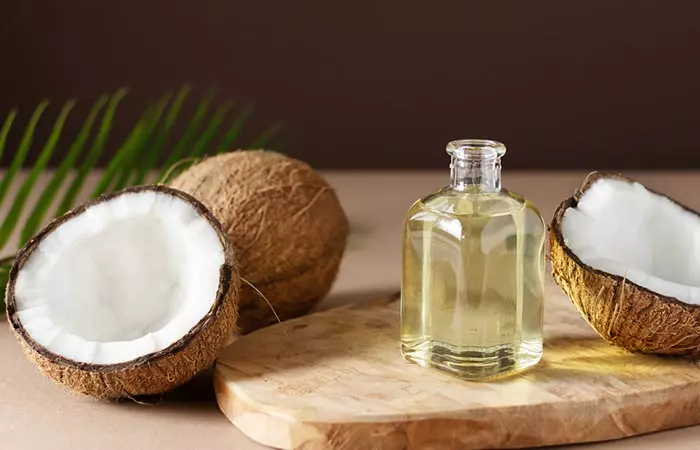
Carrier oils, such as olive oil, coconut oil, and castor oil, are excellent remedies for chapped lips as they are natural moisturizers and lubricants. They contain healthy fatty acids that hydrate and condition your lips to make them soft and supple (4), (5). Adding essential oils, such as tea tree oil or grapeseed oil, will speed up the healing process of dry lips. They also prevent infections, especially if the dryness has led to cracks in your lips (6), (7).
You Will Need
- Virgin coconut oil OR olive oil OR castor oil OR almond oil OR jojoba oil
- 1-2 drops tea tree oil OR grapeseed oil OR neem oil
What You Have To Do
- Depending on which carrier oil and essential oil are available, make a blend by mixing 1-2 drops of the essential oil in the carrier oil.
- Apply this blend to your lips and leave it on.
How Often You Should Do This
Twice or thrice during the day. It can also be applied before going to bed and left on overnight.
This is one of the best natural treatments for chapped lips.
 Quick Tip
Quick Tip2. Honey And Vaseline
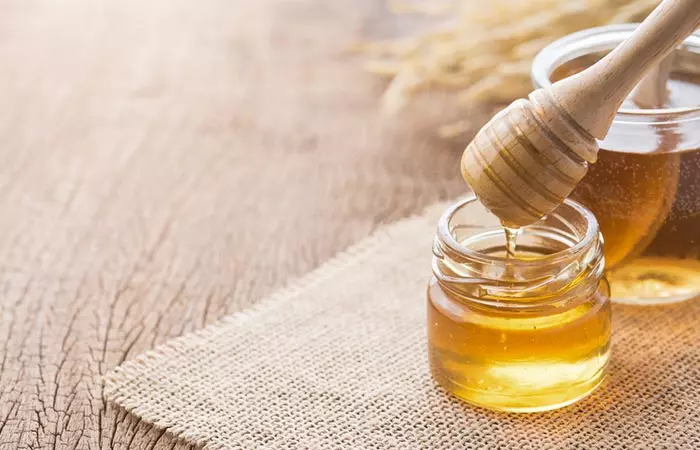
Honey has antibacterial properties and is one of the most nature’s best healing agents. It is also a humectanti A common moisturizing agent in any product or substance that allows moisture retention in the skin and hair. (8). Vaseline for lips or petroleum jelly is widely used to soften and nourish the skin and prevent it from drying. It seals in the moisture in the skin (9). By combining these two ingredients, we get a very effective home remedy for chapped lips.
You Will Need
- Raw honey
- Vaseline
What You Have To Do
- Apply a layer of honey on your lips.
- Apply a layer of Vaseline on top of this.
- Leave these on for 10-15 minutes.
- Use a damp tissue or a damp cloth to wipe it off.
How Often You Should Do This
Once every day for about a week for lasting results.
3. Rose Hip
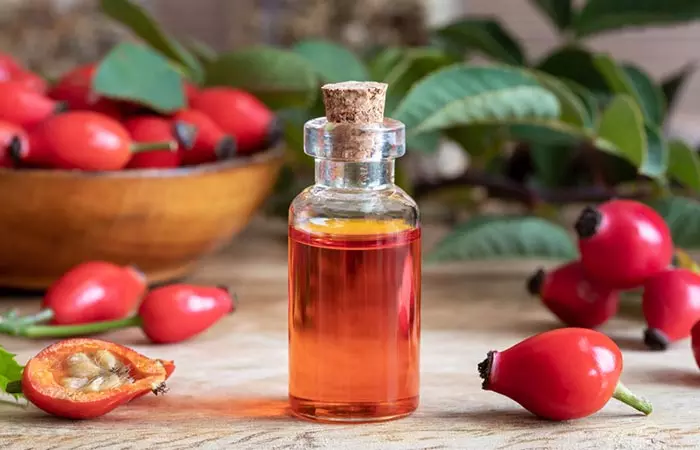
Rose hips contain vitamin E (10). Thus, they can nourish your skin. They also help retain the natural color of your lips. Milk contains lactic acid. Lactic acid gently exfoliates the dead skin from the surface of the lips (11). The essential fats, vitamins, and minerals present in milk may help hydrate and nourish dry lips.
You Will Need
- 5-6 rose petals
- 1/4 cup raw milk
What You Have To Do
- Soak the petals in milk for 2-3 hours.
- Gently mash the petals in the milk to get a paste-like consistency.
- Apply this paste on your lips. Keep it on for about 20 minutes.
- Rinse it off with cold water.
How Often You Should Do This
Every day for a week or so.
4. Cucumber
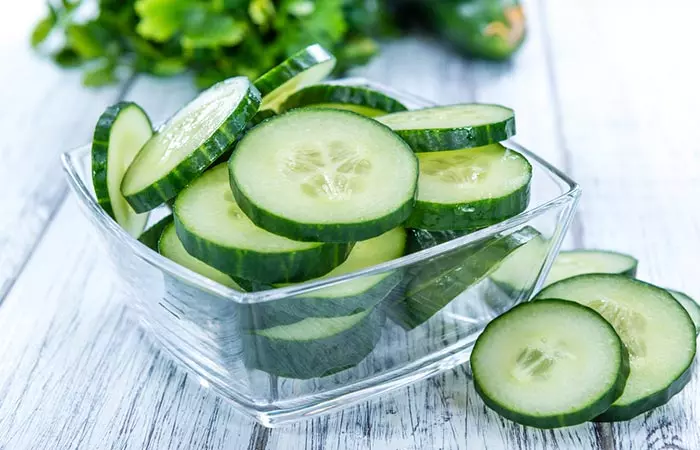
This cool vegetable can be your best friend during the summer, so utilize it to treat your dry and parched lips. Cucumber is an excellent hydrating agent for the skin. It also has a nourishing and soothing effect on the skin (12).
You Will Need
- A cucumber slice
What You Have To Do
- Rub the cucumber slice gently on your lips for a minute or two.
- Leave the cucumber juice on for 10 minutes, then wash your lips.
- You can also mash 1-2 cucumber slices and apply this as a mask on your lips.
How Often You Should Do This
Once or twice every day.
5. Aloe Vera
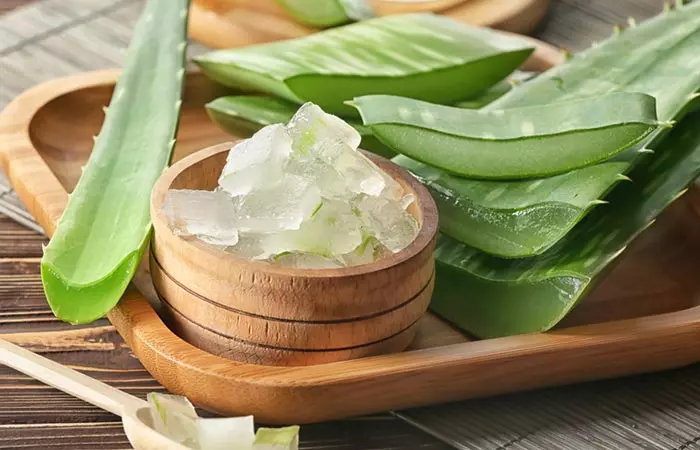
Aloe vera is very good for lips. It has natural cohesive properties that bind flaking cells to give you softer skin. It soothes your skin and gently removes dead skin cells. It also has protective and cooling effects on the skin (13).
You Will Need
- An aloe leaf
What You Have To Do
- Cut the aloe leaf sideways and scoop out the gel into a container (with an airtight lid).
- Apply the gel on your lips and leave it on overnight.
- Store the remaining gel in the airtight container. Keep it in the fridge if you live in a hot and temperate climate.
How Often You Should Do This
Regularly before going to bed.
6. Green Tea Bags
Green tea contains polyphenols that have antioxidant, anti-inflammatory, and photoprotectivei The process of skin protection by reducing the effects of UV rays on the skin through sunscreens, creams, lotions, gloves, and scarves. effects on the skin (14). There is no scientific evidence that it can heal sensitive and irritated lips. However, it is said that green tea bags can relieve the burning sensation on your chapped lips caused by dryness.
You Will Need
- 1 green tea bag
- A cup of hot water
What You Have To Do
- Dip the green tea bag in hot water for a few minutes.
- Place this tea bag on the lips.
- Leave it on for a few minutes.
How Often You Should Do This
Once daily.
7. Cocoa Butter
Cocoa butter and shea butter contain essential fatty acids that deeply condition, nourish, and protect dehydrated skin (15), (16). Dairy products like yogurt and buttermilk also help improve skin health (17) and can act as an overnight dry lips treatment.
You Will Need
- Organic cocoa butter OR shea butter OR peanut butter OR yogurt OR buttermilk
What You Have To Do
- Apply a small amount of cocoa butter on your lips and leave it on overnight.
- Alternatively, you can also use shea butter and leave it on overnight.
- If you plan to use peanut butter, yogurt, or buttermilk, just leave it on your lips for 5-10 minutes and then rinse it off. Leaving these on overnight will ruin your pillow covers.
How Often You Should Do This
Every day for a few days.
8. Sugar Method
The coarse granules of sugar are excellent for exfoliating your chapped lips. Scrubbing your lips with sugar can help you get rid of the rough top layer of dry and flaky skin. As a result, your lips will become soft and supple.
You Will Need
- 1 teaspoon brown sugar (or white sugar)
- A few drops of olive oil
- 1/2 teaspoon honey
What You Have To Do
- Mix the sugar with the olive oil and honey. Do not let it dissolve.
- Apply this mixture on your lips and scrub gently in circular motions.
- Wash the scrub off with lukewarm water.
How Often You Should Do This
Every alternate day initially. Then, continue to use it once or twice a week to maintain soft and smooth lips.
9. Vanilla Extract
Both sugar and baking soda act as exfoliants in this mix (18). The vanilla extract simply adds a pleasant flavor to this DIY lip scrub.
You Will Need
- 2 teaspoons sugar
- 1 teaspoon baking soda
- 2 teaspoons jojoba oil or olive oil
- 1/4 teaspoon vanilla extract
What You Have To Do
- Mix all the ingredients mentioned above.
- Take a small amount of this mixture on your fingertip and apply it to your lips.
- Scrub your lips with this mixture for a minute or so and then wash it off.
- You can store the rest of the vanilla lip scrub in an airtight container for up to 7 days.
How Often You Should Do This
Every day for a few days, then once every 3-4 days.
10. Petroleum Jelly
Petroleum jelly (such as Vaseline) forms a protective layer on the lips and rehydrates the skin to speed up the renewal process (9). As the jelly seeps into the inner layers of the skin, the surface skin gets smoother.
You Will Need
- Petroleum jelly
What You Have To Do
- Take a small amount of petroleum jelly on your fingertips and gently massage your lips.
How Often You Should Do This
You can reapply it several times a day.
11. Beeswax
If you want to know how to make your lips soft, we have the secret ingredient! Beeswax contains hydrocarbons, free fatty acids, and other natural antibacterial agents that can help prevent the painful inflammation that comes with an infection. It helps improve wound healing and stimulates skin cell turnover (19). Thus, it can help you get rid of the dead skin on your chapped lips to give you softer, smoother lips.
You Will Need
- A lip product containing beeswax
What You Have To Do
- Purchase a product, such as a lip balm or a lip oil, containing beeswax.
- Apply the lip balm or oil to your lips and massage it in for a few seconds.
How Often You Should Do This
You can reapply this salve several times a day.
The main aim of these remedies is to remove the dead and flaky skin from the surface of your lips and reveal the soft skin present below it. To maintain this softness, nourishing agents have also been included in the remedies. Follow these simple natural solutions and preventive tips to understand how to get rid of dry lips and make them soft and supple in no time.
Preventive Tips For Chapped Lips
- Drink plenty of liquids: Since dehydration can result in dry, flaky, and chapped lips, it is important to stay hydrated by consuming water and natural fruit juices throughout the day.
- Exfoliate your lips: Apply a gentle exfoliator with moisturizing properties to take off the dead skin. This can help rejuvenate the health of your lips.
Abetweene, a YouTuber, discussed her struggle with dry and chapped lips during the winter. She shared a remedy she uses to combat this issue, made with Epsom salt and sea salt soaks to exfoliate and heal the lips, ultimately keeping them soft and healthy. She says,” Epsom salt soaks help me exfoliate my feet so well, so why not my lips? It turns out sea salt is also great for wound healing so this is how I got rid of my chapped splitting lips and keep them baby soft (i).”
- Use sunscreen: Sunscreen can prevent your lips from drying out further and keep the skin from peeling.
- Use a non-toxic lip balm: Some lip balms on the market contain harmful and drying ingredients like camphor and menthol. Avoid buying them. Instead, opt for a lip balm that contains beeswax, petroleum jelly, or any of the natural herbal ingredients listed above.
- Limit exposure to the elements: You can limit exposure to the elements by wearing a scarf or disposable mask around your mouth in the winter, or applying a high-SPF sunscreen in the summer.
- Avoid touching your lips: Constantly touching your face with your fingers is a sure-fire way to transfer germs and bacteria that can worsen the condition of your lips.
- Avoid smoking: Tobacco can irritate and dry out the skin around the lips. Therefore, avoid or reduce the frequency of smoking.
While preventive measures may help keep chapped lips at bay, some symptoms may require medical attention to ensure proper care. Scroll down to know more.
When To Seek Medical Help
While mild chapped lips can usually be treated at home, some symptoms may require medical assistance. Consult a healthcare provider in the following cases:
- Medical intervention may be required to stop additional damage or infection if the pain is severe or if deep cracks appear.
- Lips that remain chapped despite consistent moisturizing and preventive care could signal an underlying health condition.
- Redness, swelling, pus, or any other infection-related symptoms around the lips may be evidence of a fungal or bacterial infection. Seek medical help right away.
Infographic: Home Remedies To Treat Chapped Lips
There are a plethora of reasons you might be suffering from chapped lips. Whether it is due to extreme weather conditions, unsuitable cosmetics, or particular medications, natural remedies can help you repair your chapped lips and replenish their moisture. But while lip balms might temporarily keep your lips moisturized, home treatments often offer a longer-lasting fix. Check out the following infographic to learn more about DIY recipes that can help you treat chapped lips.
Some thing wrong with infographic shortcode. please verify shortcode syntax
Chapped lips look unappealing and feel uncomfortable. Nourishing and hydrating your lips is the surefire way of reviving them and keeping them healthy and soft. Extreme weather, sun damage, certain medications, smoking, and wind exposure are common causes of chapped lips. You can use multiple home remedies or DIY an ointment to heal your lips and nourish them. DIY coconut oil lip balms are very effective. You can add ingredients like honey, vaseline, cucumber, aloe vera, beeswax, sugar, cocoa butter, and green tea are effective ingredients that you can use in home remedies for chapped lips. In addition, hydrate yourself by drinking lots of water every day.
Frequently Asked Questions
Does chapped lips mean I’m sick?
Dr. Mandal says, “Chapped lips do not necessarily mean that someone is ill, but they can be indicative of some of the issues that were listed above.”
What do precancerous lips look like?
According to Dr. Mandal, “Precancerous lesions (like actinic keratosis) can appear on the lips but often have a dry, scaly appearance. They can range in color from pink, red, gray, yellow, or white and have a flat or raised surface.”
How long do chapped lips take to heal?
With the above lip care remedies and tips, you can get rid of chapped lips in 2-3 weeks.
Can lemon help heal chapped lips?
Although lemon is used on lips for its anti-pigmentary properties, there is no scientific evidence that proves its efficacy in healing chapped lips.
What foods get rid of chapped lips?
Foods that are rich in iron, zinc, and B vitamins are said to help get rid of chapped lips. However, there is no scientific evidence to prove the same.
What deficiency causes chapped lips?
Lack of B vitamins like folate, riboflavin, vitamin B6, and vitamin B12 may cause chapped lips (20), (21), (22).
Can stress cause chapped lips?
Yes. Being under stress for a prolonged period can cause chapped lips (23).
Illustration: Get Rid Of Chapped Lips Fast Using These 11 Home Remedies
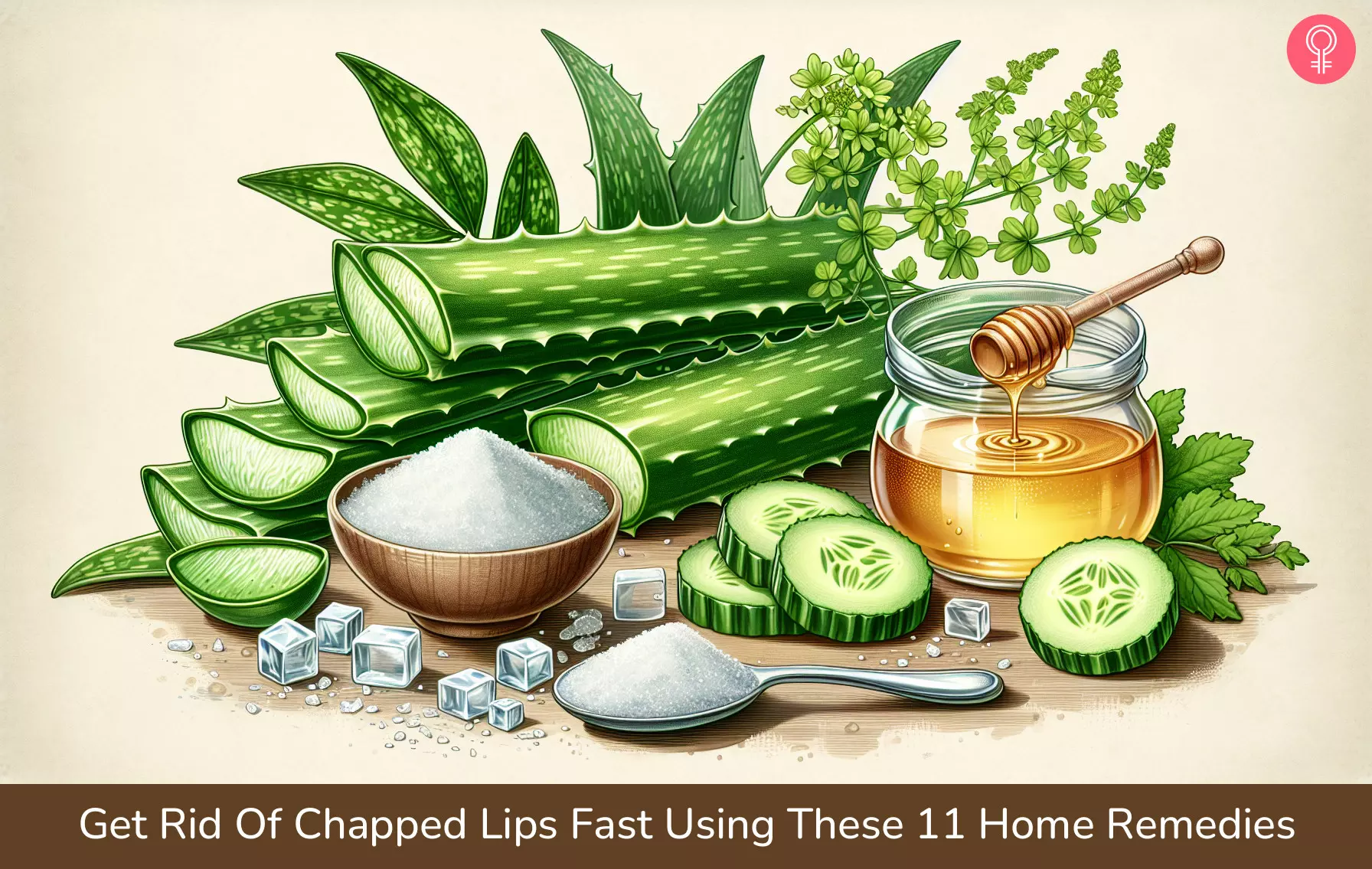
Image: Dall·E/StyleCraze Design Team
Learn how to achieve naturally pink and baby-soft lips at home! This video explains the causes of dry lips and how to treat them with home remedies. Watch it right away!
Personal Experience: Source
StyleCraze's articles are interwoven with authentic personal narratives that provide depth and resonance to our content. Below are the sources of the personal accounts referenced in this article.
i. Dry, chapped, peeling lips remedy in minutes! this hack is a game changer!https://www.youtube.com/watch?v=6de38y0_R5U
References
Articles on StyleCraze are backed by verified information from peer-reviewed and academic research papers, reputed organizations, research institutions, and medical associations to ensure accuracy and relevance. Read our editorial policy to learn more.
- Clinical Assessment of a Combination Lip Treatment to Restore Moisturization and Fullness, The Journal of Clinical and Aesthetic Dermatology, US National Library of Medicine, National Institutes of Health.
https://www.ncbi.nlm.nih.gov/pmc/articles/PMC2923945/ - The prevalence of chapped lips during an army hot weather exercise, Military Medicine, US National Library of Medicine, National Institutes of Health.
https://pubmed.ncbi.nlm.nih.gov/9433089/ - A randomized double-blind controlled trial comparing extra virgin coconut oil with mineral oil as a moisturizer for mild to moderate xerosis, Dermatitis, US National Library of Medicine, National Institutes of Health.
https://pubmed.ncbi.nlm.nih.gov/15724344/ - Final report on the safety assessment of Ricinus Communis (Castor) Seed Oil, Hydrogenated Castor Oil, Glyceryl Ricinoleate, Glyceryl Ricinoleate SE, Ricinoleic Acid, Potassium Ricinoleate, Sodium Ricinoleate, Zinc Ricinoleate, Cetyl Ricinoleate, Ethyl Ricinoleate, Glycol Ricinoleate, Isopropyl Ricinoleate, Methyl Ricinoleate, and Octyldodecyl Ricinoleate, International Journal of Toxicology, US National Library of Medicine, National Institutes of Health.
https://pubmed.ncbi.nlm.nih.gov/18080873/ - Melaleuca alternifolia (Tea Tree) Oil: a Review of Antimicrobial and Other Medicinal Properties, Clinical Microbiology Reviews, US National Library of Medicine, National Institutes of Health.
https://www.ncbi.nlm.nih.gov/pmc/articles/PMC1360273/ - Grape Seed Oil Compounds: Biological and Chemical Actions for Health, Nutrition and Metabolic Insights, US National Library of Medicine, National Institutes of Health.
https://www.ncbi.nlm.nih.gov/pmc/articles/PMC4988453/ - Honey in dermatology and skin care: a review, Journal of Cosmetic Dermatology, US National Library of Medicine, National Institutes of Health.
https://pubmed.ncbi.nlm.nih.gov/24305429/ - Moisturizers
https://www.ncbi.nlm.nih.gov/books/NBK545171/ - Rose, Idaho Panhandle National Forests, United States Department of Agriculture.
https://www.fs.usda.gov/detail/ipnf/learning/nature-science/?cid=fsm9_019141 - Epidermal and dermal effects of topical lactic acid, Journal of the American Academy of Dermatology, US National Library of Medicine, National Institutes of Health.
https://pubmed.ncbi.nlm.nih.gov/8784274/ - Phytochemical and therapeutic potential of cucumber, Fitoterapia, US National Library of Medicine, National Institutes of Health.
https://pubmed.ncbi.nlm.nih.gov/23098877/ - Aloe Vera: A Short Review, Indian Journal of Dermatology, US National Library of Medicine, National Institutes of Health.
https://www.ncbi.nlm.nih.gov/pmc/articles/PMC2763764/ - Protective Mechanisms of Green Tea Polyphenols in Skin, Oxidative Medicine and Cellular Longevity, US National Library of Medicine, National Institutes of Health.
https://www.ncbi.nlm.nih.gov/pmc/articles/PMC3390139/ - Cocoa Bioactive Compounds: Significance and Potential for the Maintenance of Skin Health, Nutrients, US National Library of Medicine, National Institutes of Health.
https://www.ncbi.nlm.nih.gov/pmc/articles/PMC4145303/ - Anti-Inflammatory and Skin Barrier Repair Effects of Topical Application of Some Plant Oils, International Journal of Molecular Sciences, US National Library of Medicine, National Institutes of Health.
https://www.ncbi.nlm.nih.gov/pmc/articles/PMC5796020/ - Effects of Fermented Dairy Products on Skin: A Systematic Review, Journal of Alternative and Complementary Medicine, US National Library of Medicine, National Institutes of Health.
https://pubmed.ncbi.nlm.nih.gov/26061422/ - Scaly skin and bath pH: Rediscovering baking soda
https://www.jaad.org/article/S0190-9622(09)00493-9/fulltext - Evaluation of Beeswax Influence on Physical Properties of Lipstick Using Instrumental and Sensory Methods, Evidence-based Complementary and Alternative Medicine, US National Library of Medicine, National Institutes of Health.
https://www.ncbi.nlm.nih.gov/pmc/articles/PMC5141539/ - Oral manifestations in vitamin B12 deficiency patients with or without history of gastrectomy, BMC Oral Health, US National Library of Medicine, National Institutes of Health.
https://www.ncbi.nlm.nih.gov/pmc/articles/PMC4884371/ - Vitamin B6 Deficiency, US National Library of Medicine, National Institutes of Health.
https://www.ncbi.nlm.nih.gov/books/NBK470579/ - Vitamin B2 (Riboflavin), US National Library of Medicine, National Institutes of Health.
https://www.ncbi.nlm.nih.gov/books/NBK525977/ - Cheilitis, Contemporary Oral and Maxillofacial Pathology (Second Edition), Sciencedirect.
https://www.sciencedirect.com/topics/medicine-and-dentistry/cheilitis
Read full bio of Dr. Zeel Gandhi
- Dr. Soma Mandal, MD, board-certified medical internist with 25 years of experience in helping women deal with aging, skin health, and overall health. She earned her MD from the New York University School of Medicine and a prestigious research fellowship at Oxford University in England.
 Dr. Soma Mandal, MD, board-certified medical internist with 25 years of experience in helping women deal with aging, skin health, and overall health. She earned her MD from the New York University School of Medicine and a prestigious research fellowship at Oxford University in England.
Dr. Soma Mandal, MD, board-certified medical internist with 25 years of experience in helping women deal with aging, skin health, and overall health. She earned her MD from the New York University School of Medicine and a prestigious research fellowship at Oxford University in England.
Read full bio of Kushneet Kukreja
Read full bio of Ramona Sinha
Read full bio of Monomita Chakraborty








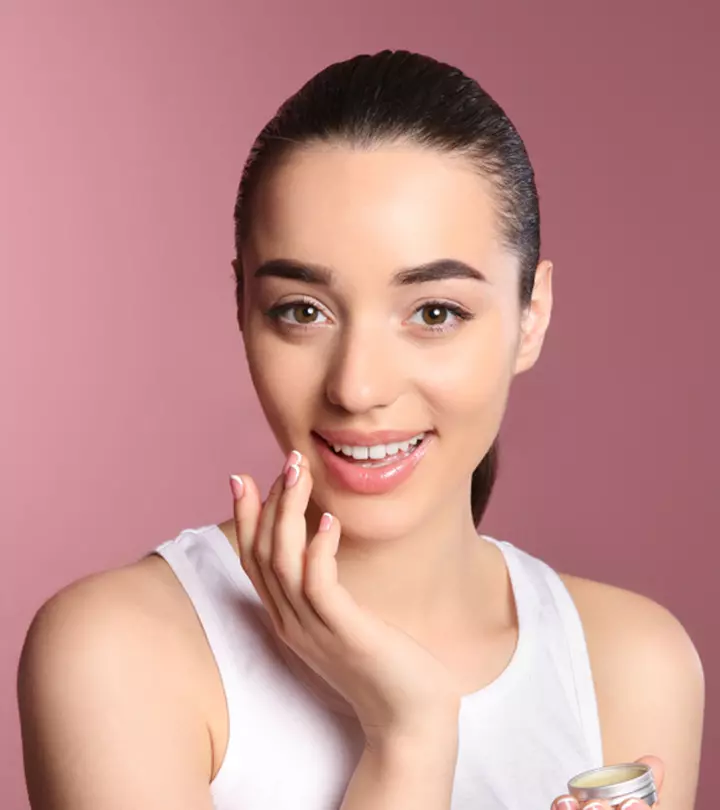




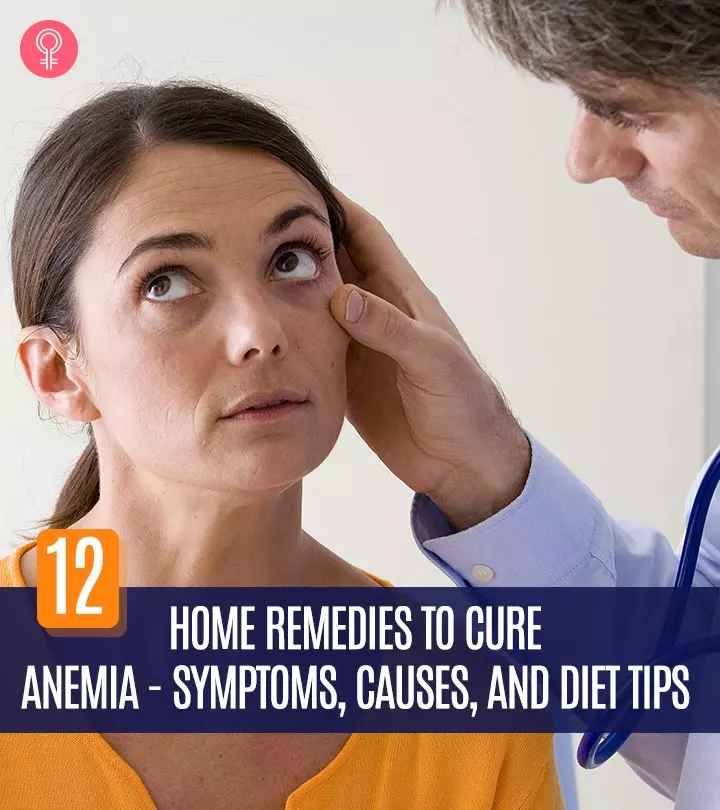
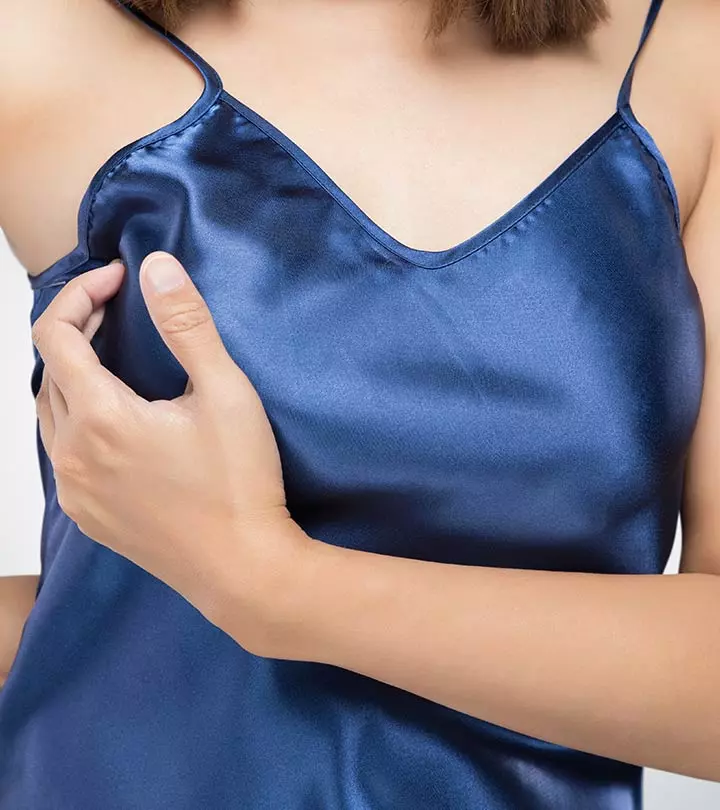
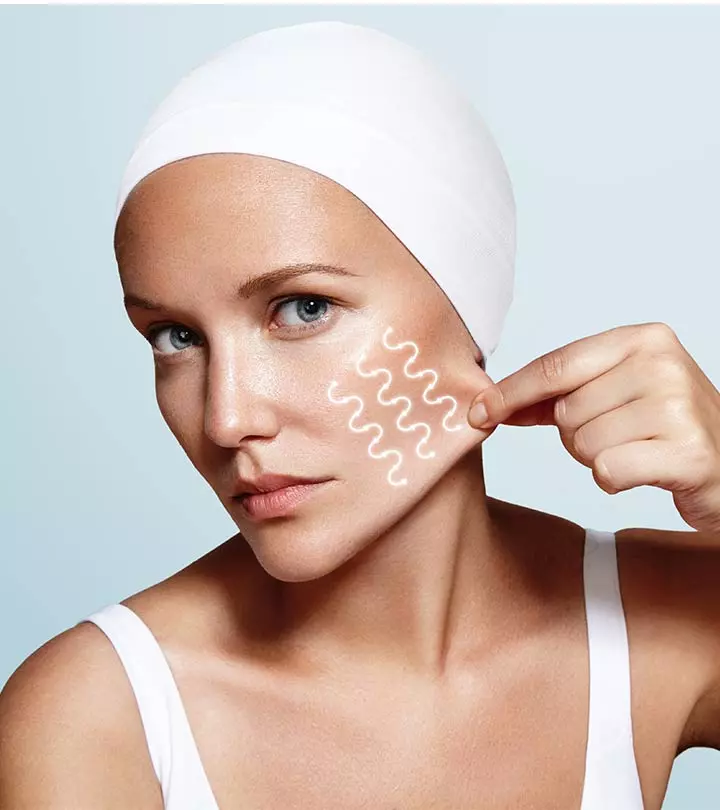



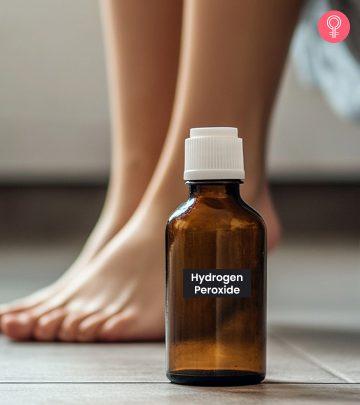
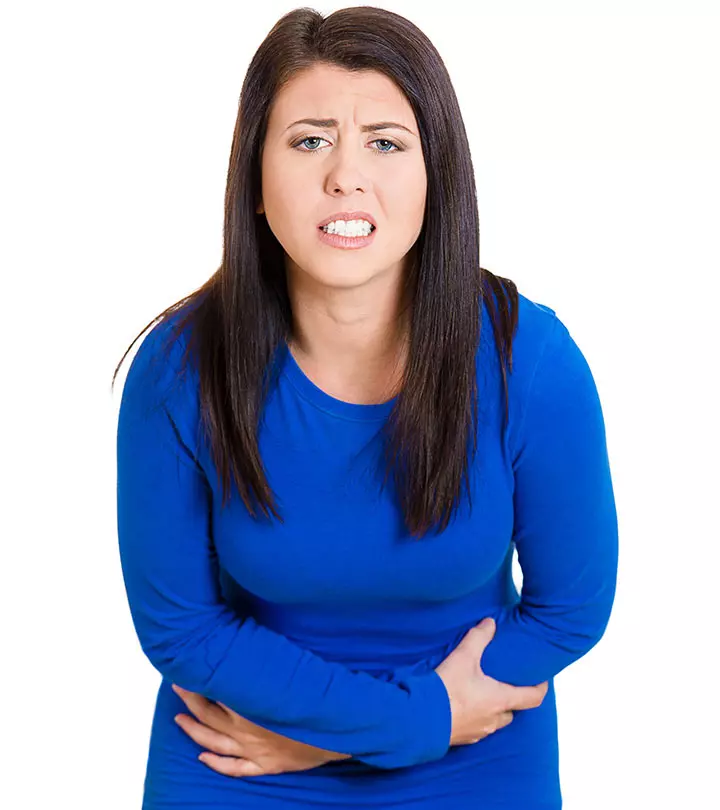
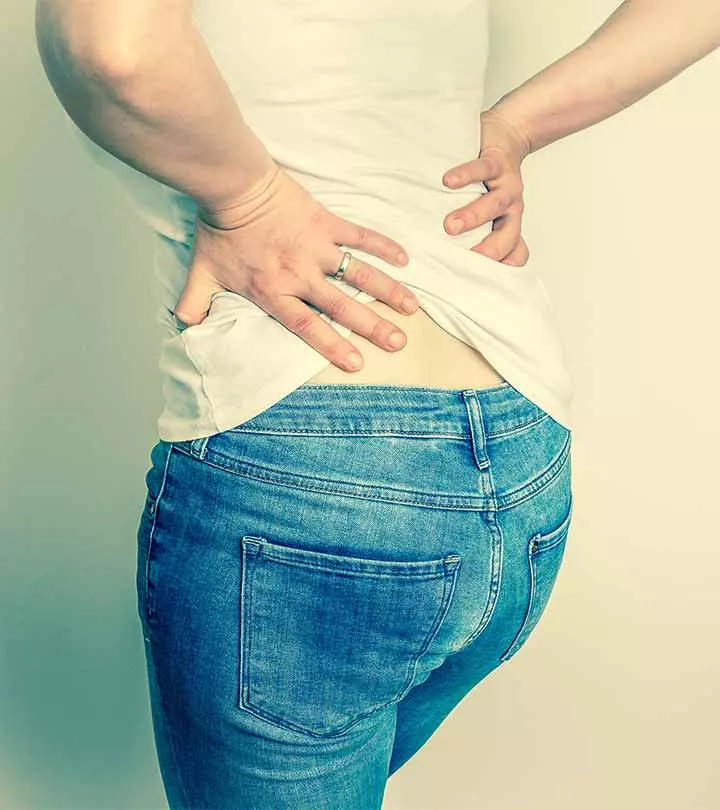

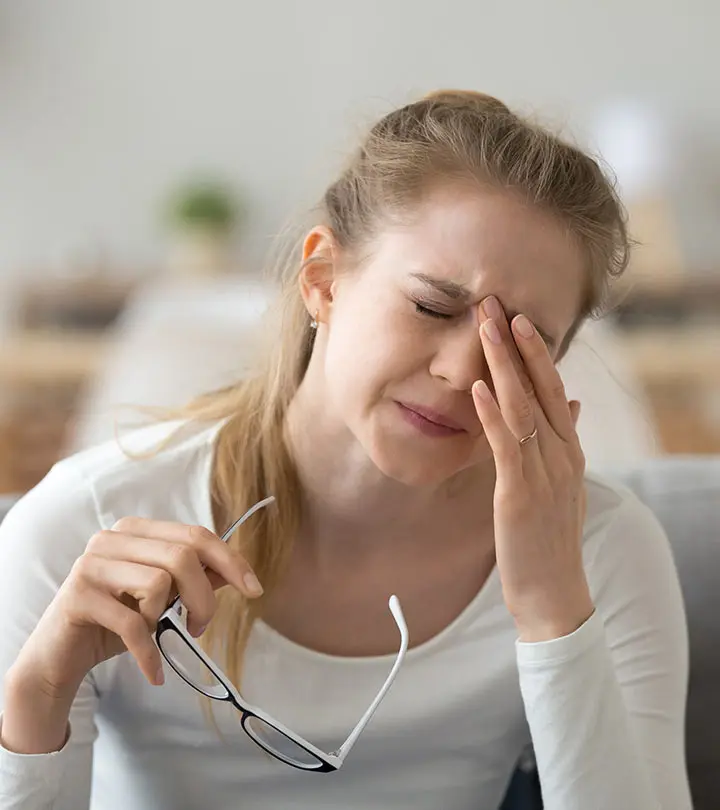
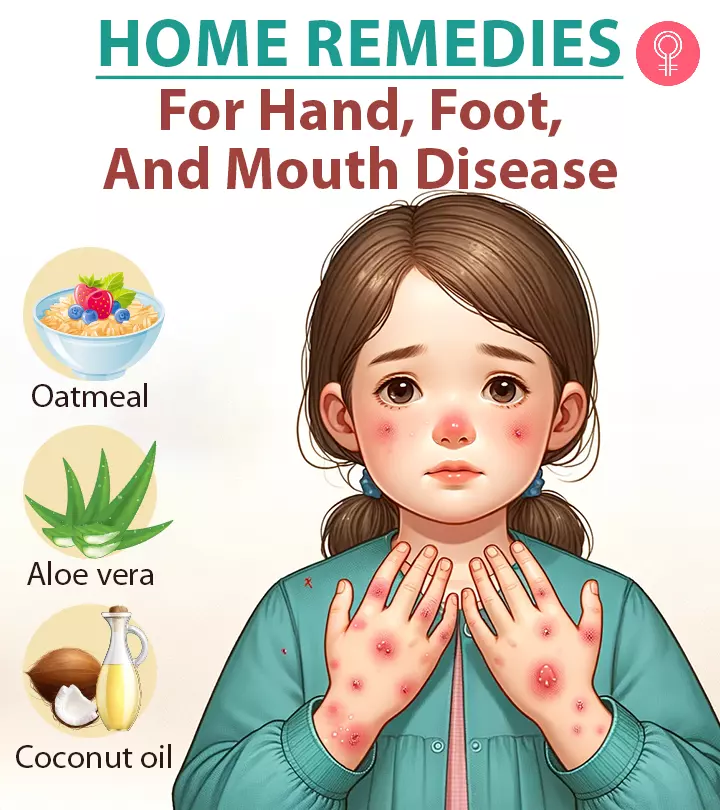

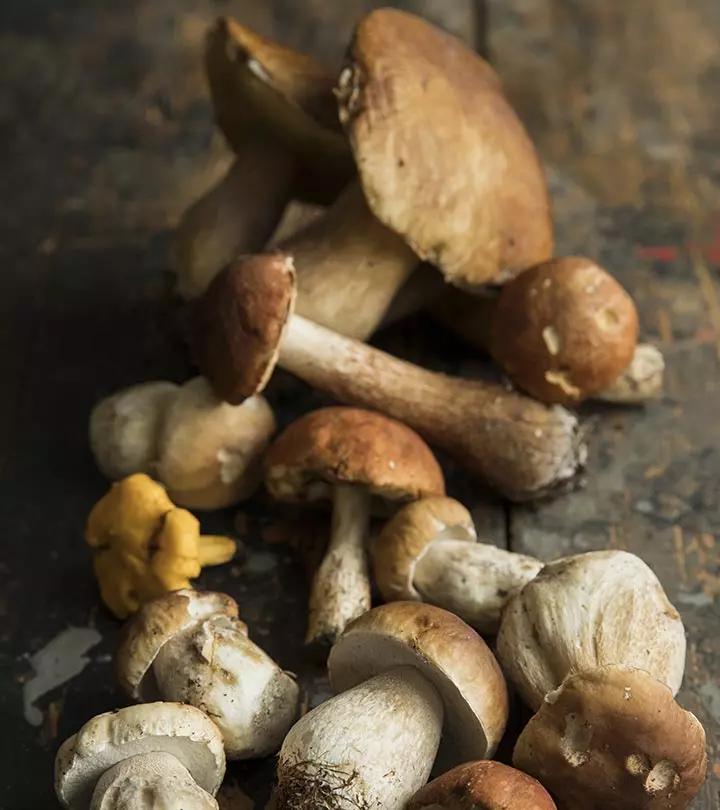

Community Experiences
Join the conversation and become a part of our empowering community! Share your stories, experiences, and insights to connect with other beauty, lifestyle, and health enthusiasts.